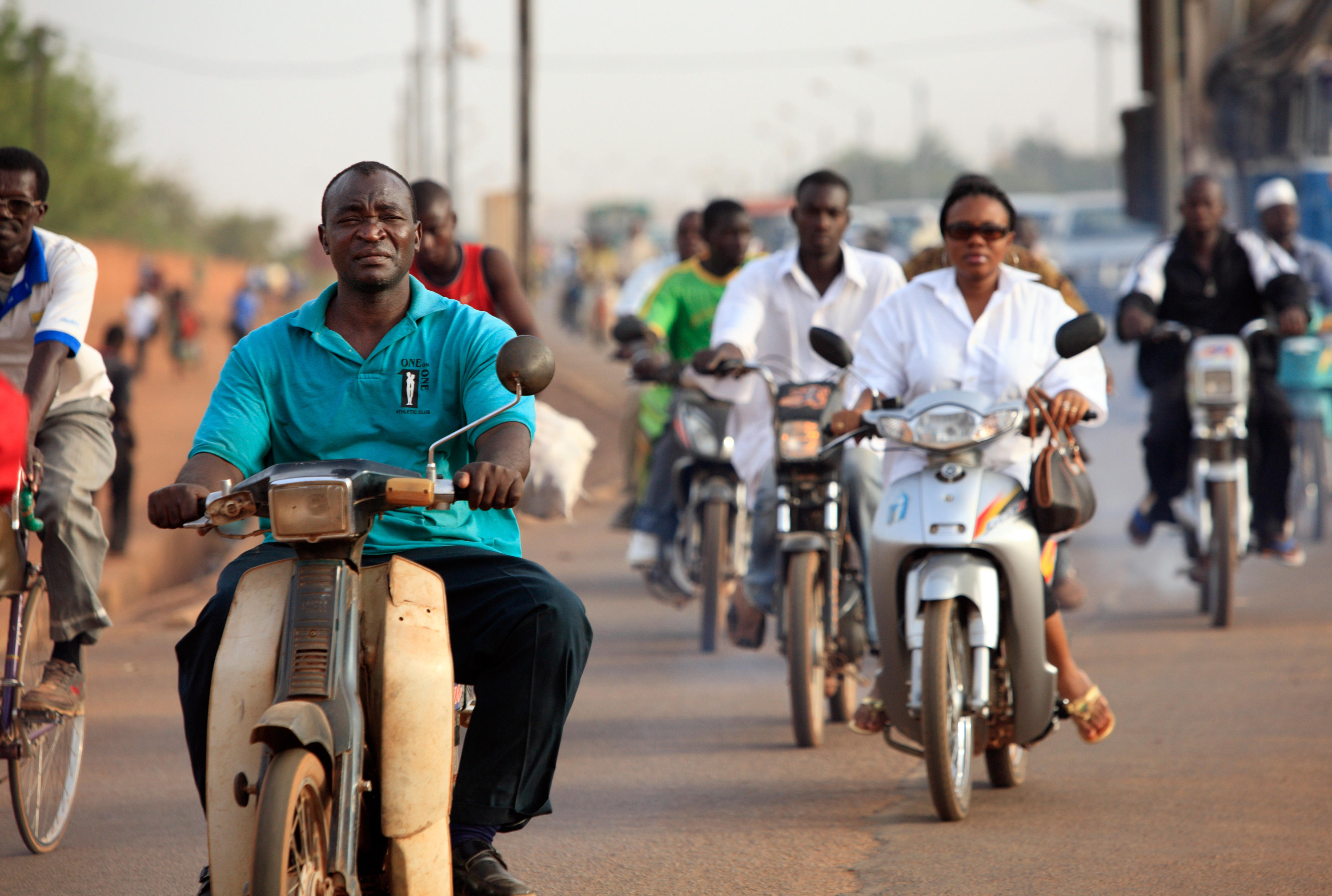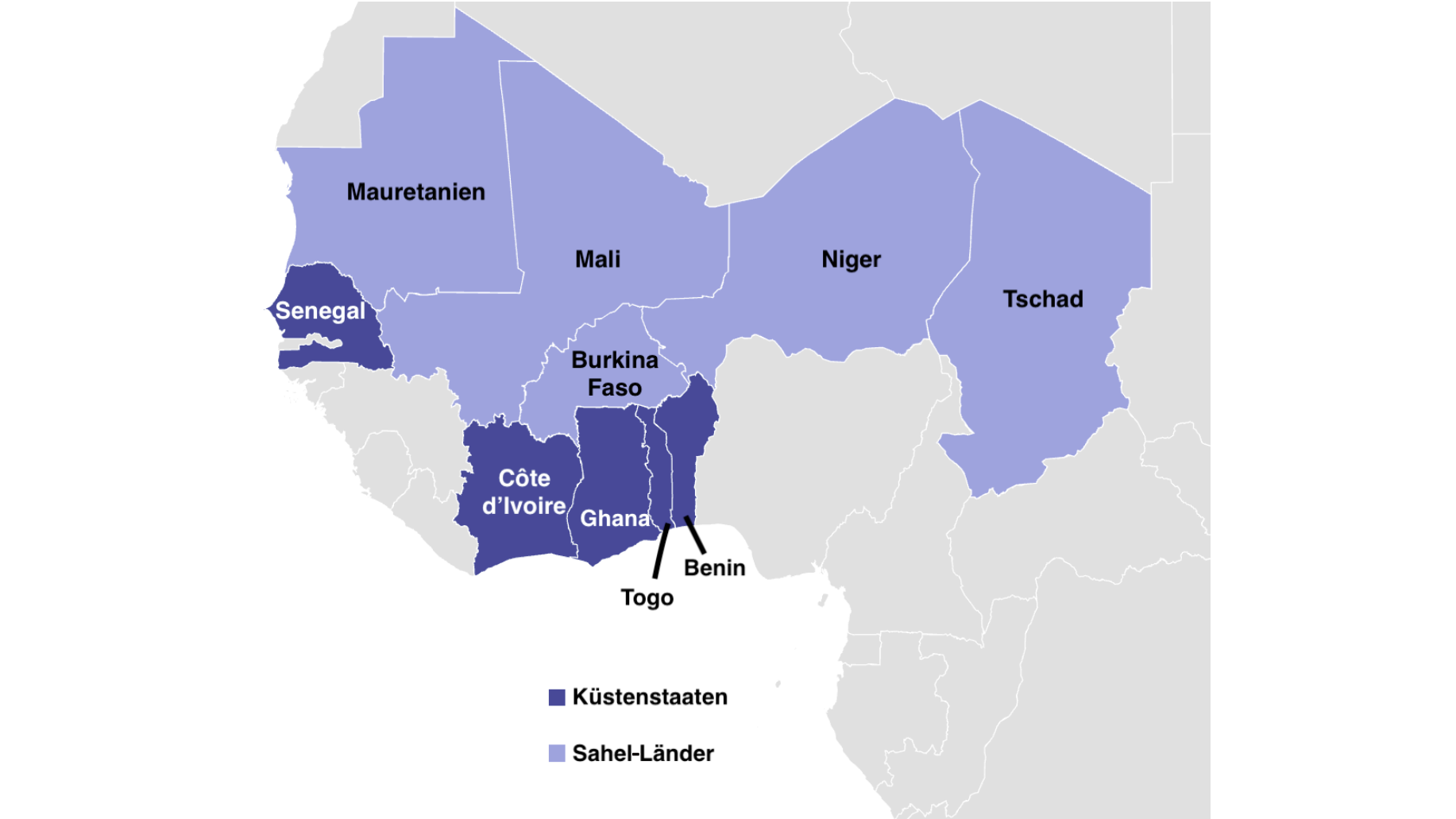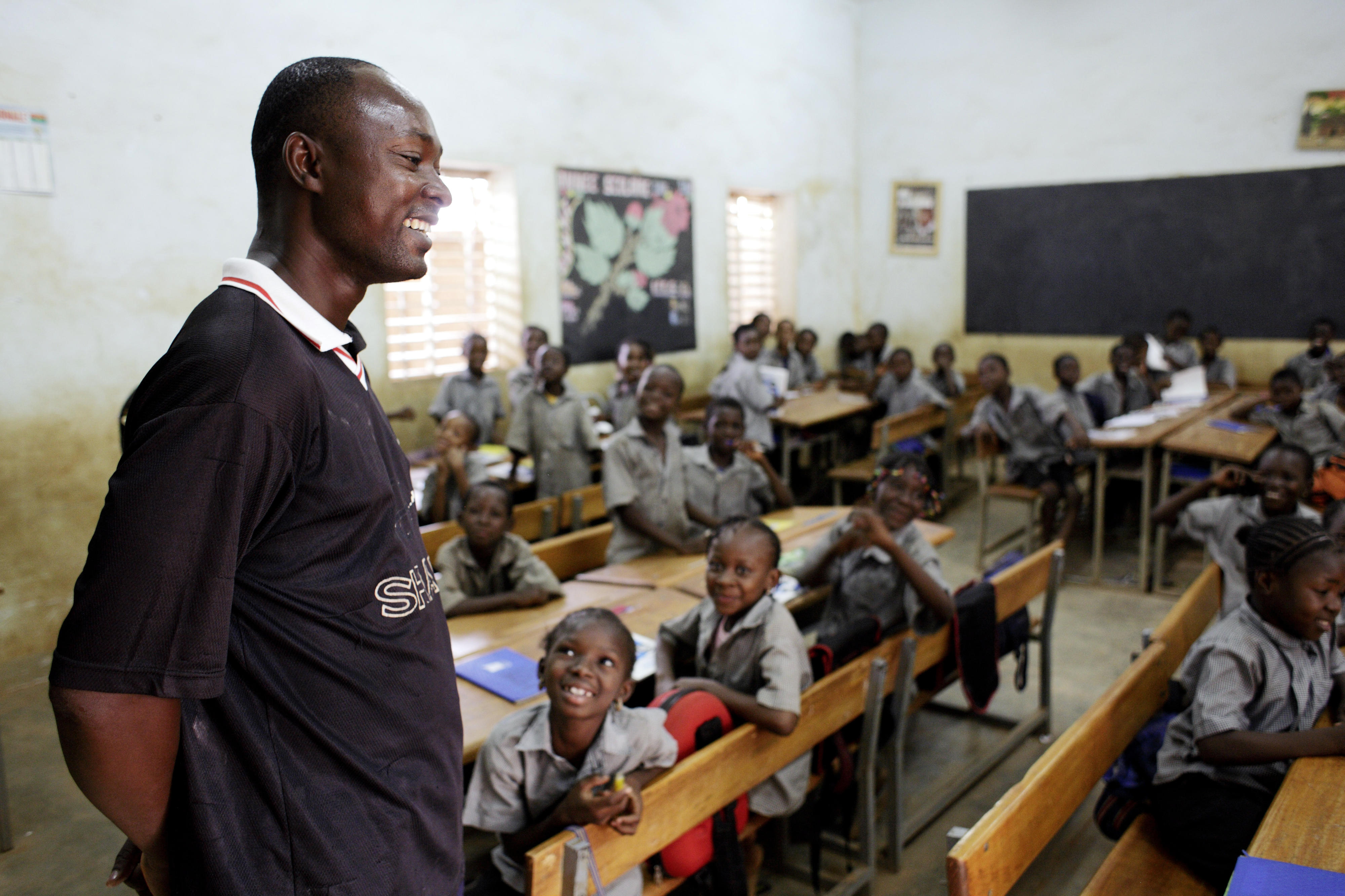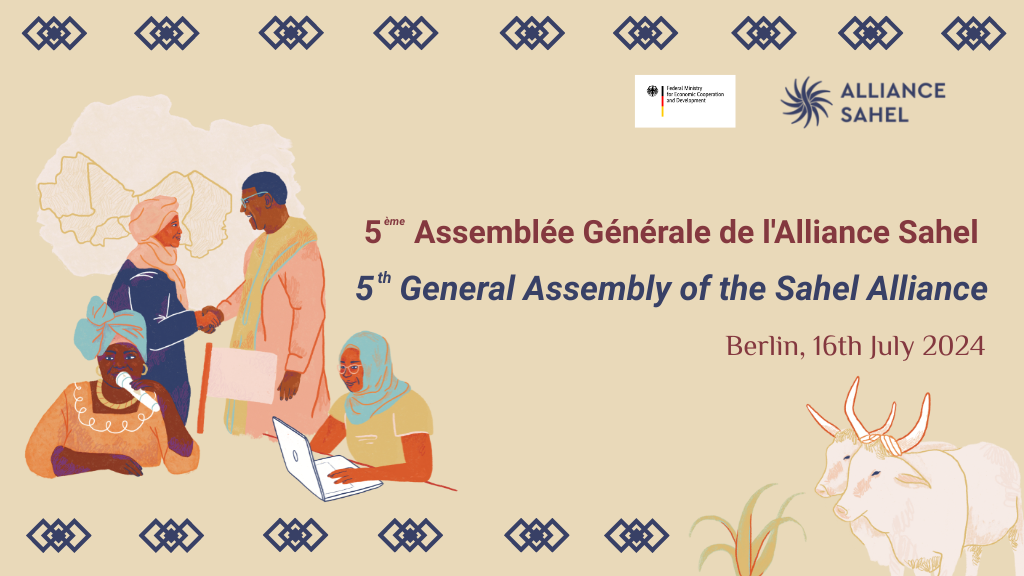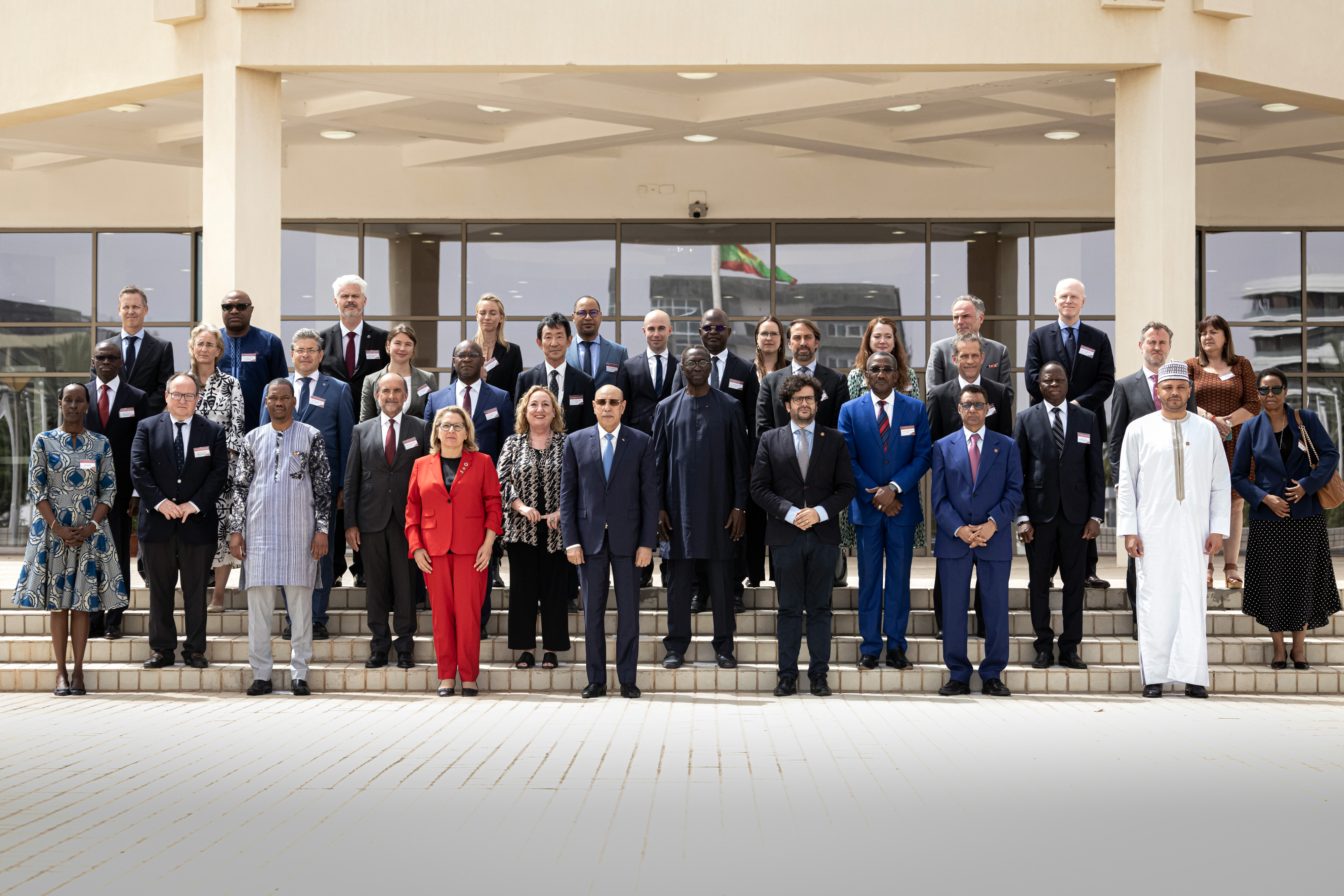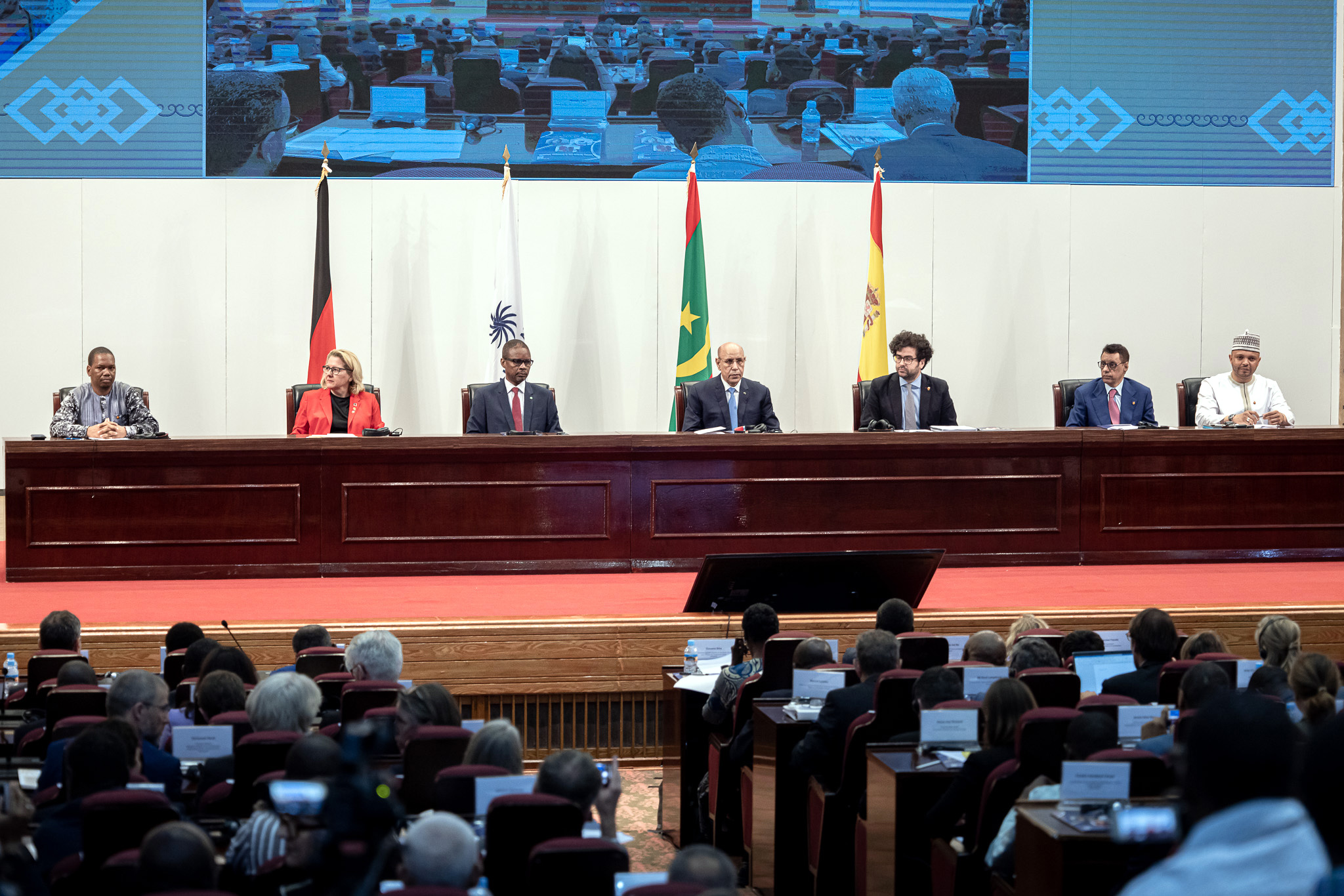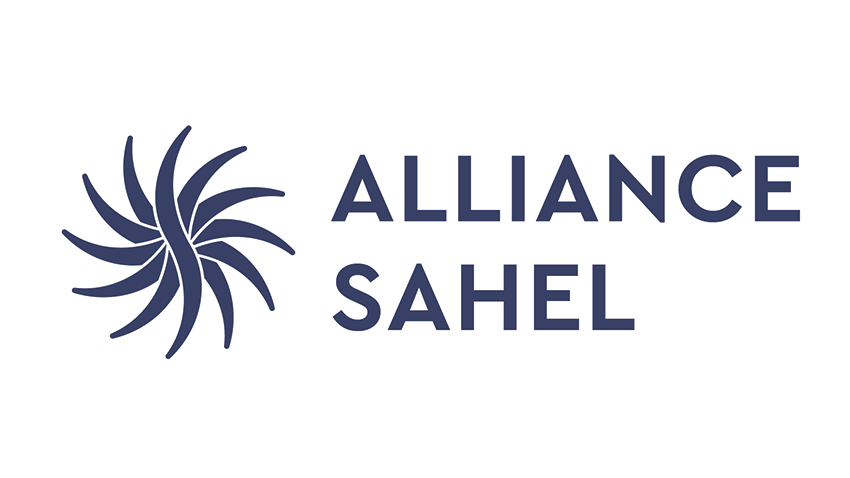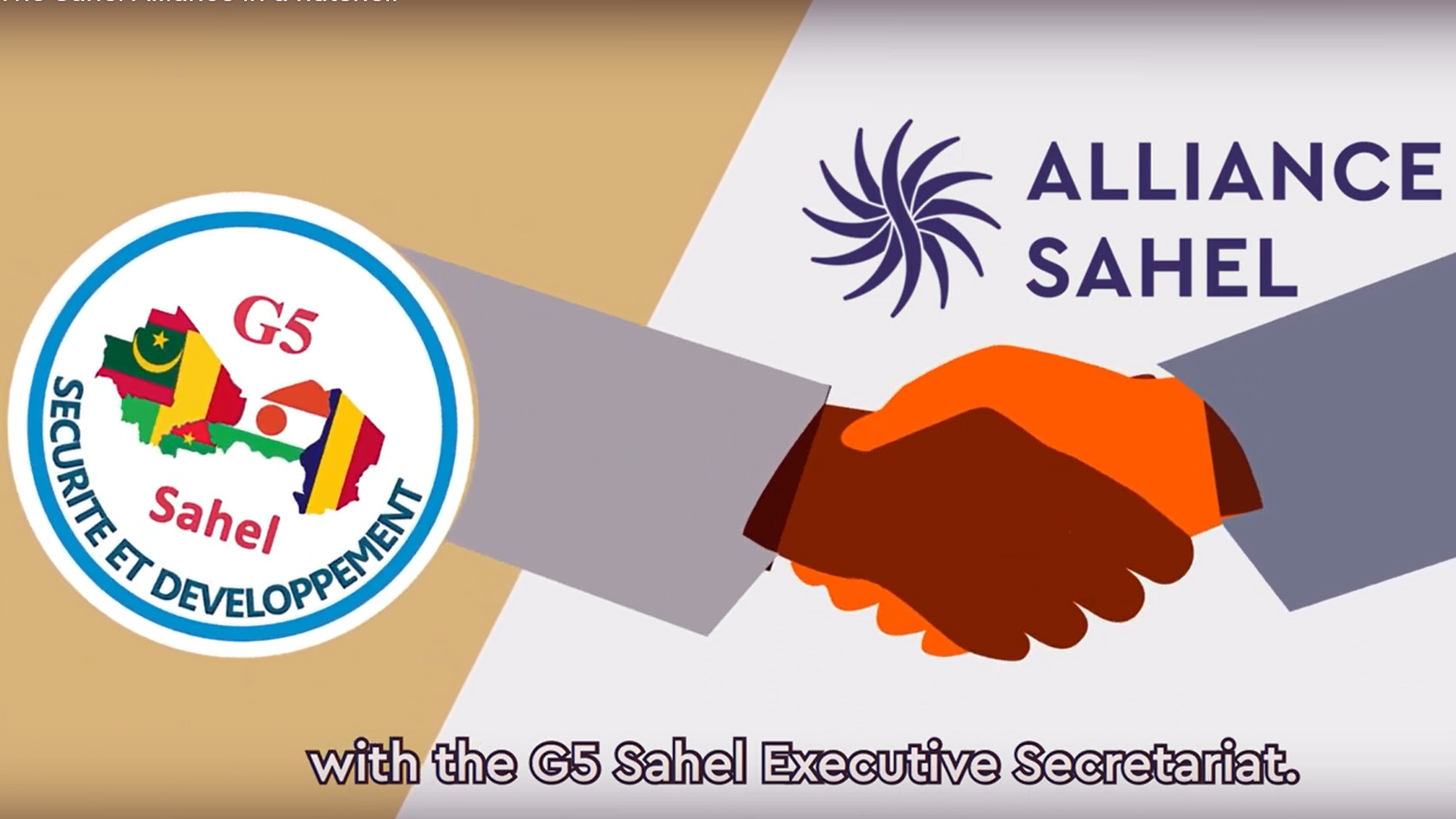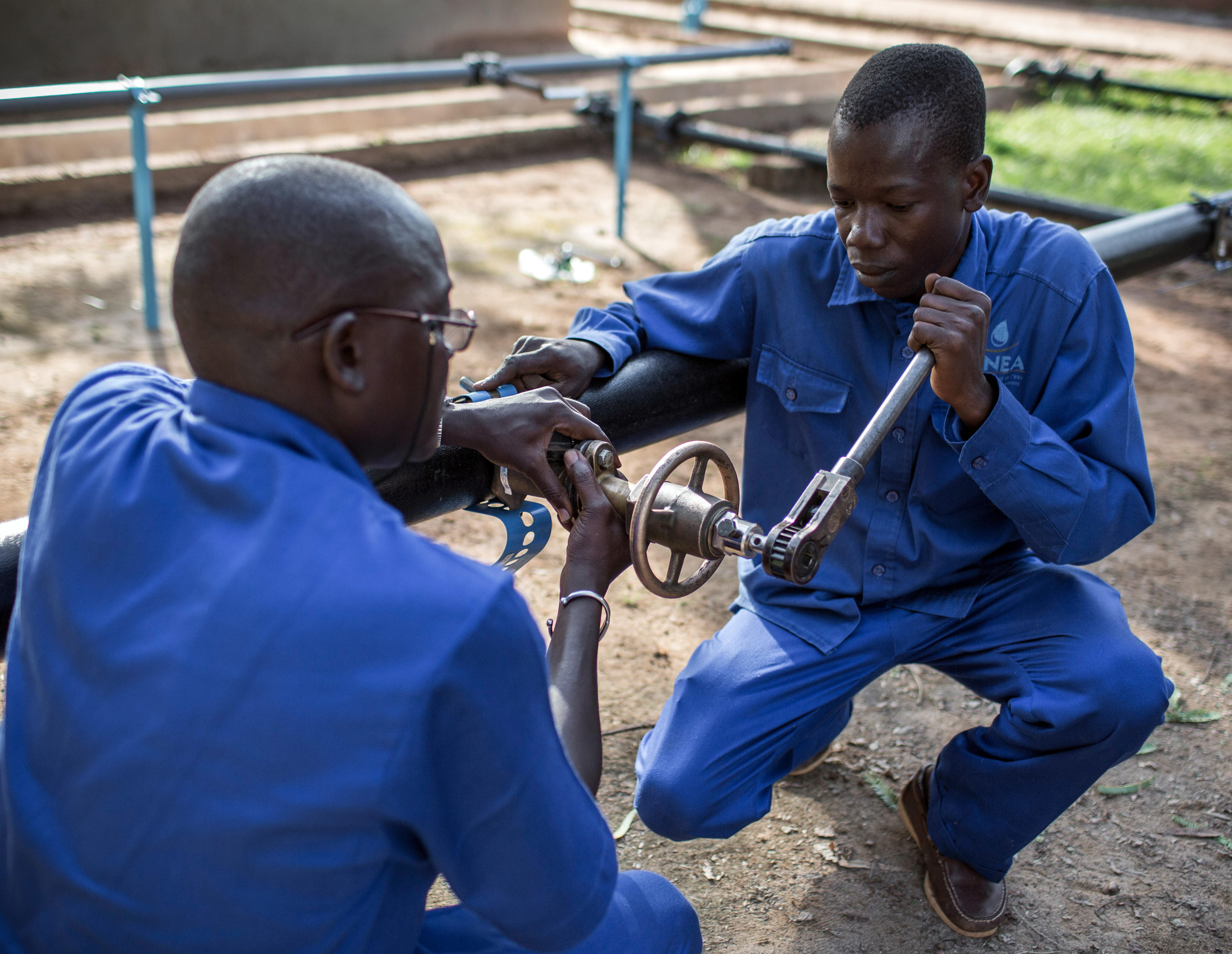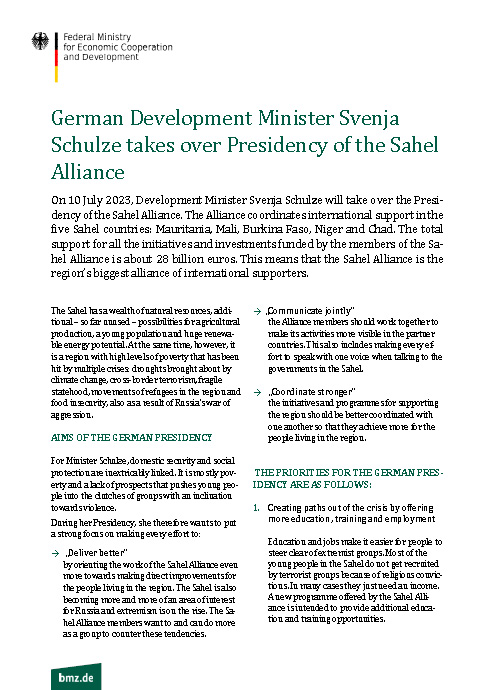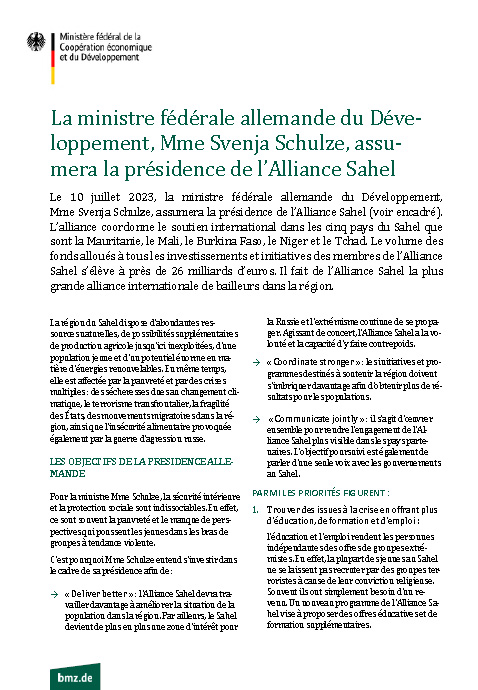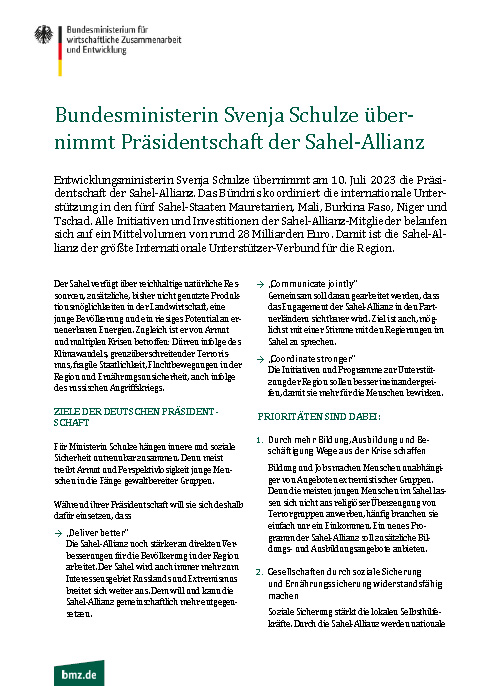Straßenverkehr in Ouagadougou, der Hauptstadt von Burkina Faso
Copyright© Ute Grabowsky/photothek.net
The Sahel Alliance
The Sahel has a wealth of natural resources, untapped possibilities for agricultural production, a young population and huge renewable energy potential. At the same time the region has been hit by multiple crises – droughts brought about by climate change, cross-border terrorism, state fragility, regional displacement and food insecurity.
In July 2017, Germany, France and the European Union founded the Sahel Alliance in order to support the Sahel countries' efforts to meet these challenges. Other countries and organisations soon joined them.
Minister Svenja Schulze is putting the focus of her Presidency on targeted changes in the areas of education, social protection and basic services. This is intended to bring sustained and tangible improvements to people's lives.
The members of the Sahel Alliance
The Sahel Alliance was founded in July 2017 by Germany, France and the European Union. It now has 18 members and 9 observers, who coordinate their activities in the region closely with one another:
- African Development Bank
- Canada
- Denmark
- European Investment Bank
- European Union
- France
- Germany
- Italy
- Luxembourg
- Netherlands
- Norway
- Spain
- Sweden
- United Kingdom
- United Nations Development Programme
- United States of America
- West African Development Bank
- World Bank
Impacts of the Sahel Alliance
The portfolio of measures in which the members of the Sahel Alliance are engaged comprises more than 1,000 projects, initiatives and model interventions with a financial volume of more than 23 billion euros. This extensive engagement means that the Sahel Alliance is not only able to have an impact at the project level, it is also a relevant forum for the donor community to coordinate political positions.
Cooperation within the Alliance focuses on five priority sectors:
- Education and youth employment
- Agriculture, rural development and food security
- Energy and water
- Good governance
- Decentralisation and basic services
With the support of Sahel Alliance projects, almost 1.5 million hectares of land in the Sahel is being farmed sustainably. This is an area more than five times the size of Luxembourg. Almost three million people have received food aid since the Sahel Alliance was founded, over two million people have been given access to electricity, and more than eight million people have been given access to safe drinking water.
Going beyond this project work, the Sahel Alliance has also developed an integrated territorial approach (Approche territoriale intégrée) (External link) in order to improve cooperation between actors from the fields of security, humanitarian assistance and development cooperation. This approach is being implemented in the Sahel countries in selected regions and in close cooperation with the local authorities in each case.
Training for plumbers in the vocational training centre of the national water agency in Burkina Faso
What Germany is doing
The portfolio of the Sahel Alliance includes 160 projects under German development cooperation with a financial volume of more than 1.8 billion euros. This is nearly 8 per cent of the total activities in which the Sahel Alliance is engaged, making Germany the fifth-biggest donor after the World Bank (44 per cent), France (11 per cent), the African Development Bank (10 per cent) and the EU (over 8 per cent).
The BMZ is making an important contribution to the joint initiatives which the Sahel Alliance launched during Minister Schulze's first year as President. These coordinated joint donor efforts are intended to provide even more effective assistance to the people of the Sahel.
Germany is participating in the joint initiatives on social protection through the World Bank's Sahel Adaptive Social Protection Program and the Social Protection Systems in the Sahel Programme that is run jointly by the United Nations World Food Programme (WFP) and the UN Children's Fund, UNICEF. Via the Sahel Resilience Partnership between WFP, UNICEF and GIZ, the German Development Ministry is supporting efforts to increase the resilience of the people, for instance through climate-resilient agriculture and local dialogue processes for conflict prevention.
German Presidency of the Sahel Alliance
As part of her Presidency, Development Minister Schulze has been putting an emphasis on getting the work of the Sahel Alliance oriented even more towards realising direct improvements for the people living in the region (“Deliver better”). This is to be achieved by improving how the initiatives and programmes to support the region intersect with one another (“Coordinate stronger”). The Sahel is becoming more and more of an area of interest for various international players and for extremist groups. The Sahel Alliance members want to and can do more as a group to counter these tendencies and to raise their own visibility in the partner countries where they are active (“Communicate jointly”). The priorities of the Presidency programme are chosen in close consultation with Sahel representatives.
The Minister is particularly eager to see the Alliance tailor its efforts even more closely to the needs of the people and involve local players and civil society partners more systematically in the support programmes. This ambition is reflected in the delivery of the Joint Initiatives. The Sahel Alliance members and their partners in the Sahel are jointly working to achieve better and more visible results for the people.
During her Presidency, Development Minister Svenja Schulze is lobbying for the following priorities:
- Creating paths out of the crisis by offering more education, training and employment. Education and jobs enable people to steer clear of extremist groups. Most of the young people in the Sahel do not join terrorist groups out of conviction; in many cases they just need an income and the chance to be part of society.
- Making societies more resilient through social protection and food security. Under the umbrella of the Sahel Alliance, national systems for basic social services are being expanded so that people are better able to withstand crises and climate-related shocks. At the same time, efforts are being made to press ahead on long-term solutions for food security.
- Preventing the erosion of government control in certain areas and providing people with basic services. Strong municipal structures build trust and social cohesion. They provide basic services such as water, healthcare and education, but also market places. This makes it possible for the people in the Sahel to build a livelihood and earn an income, tackling some of the problems that are a breeding ground for extremism.
Promoting employment with a special focus on the needs of women is already an important area of activity for the Sahel Alliance.
As at: 10/07/2024
